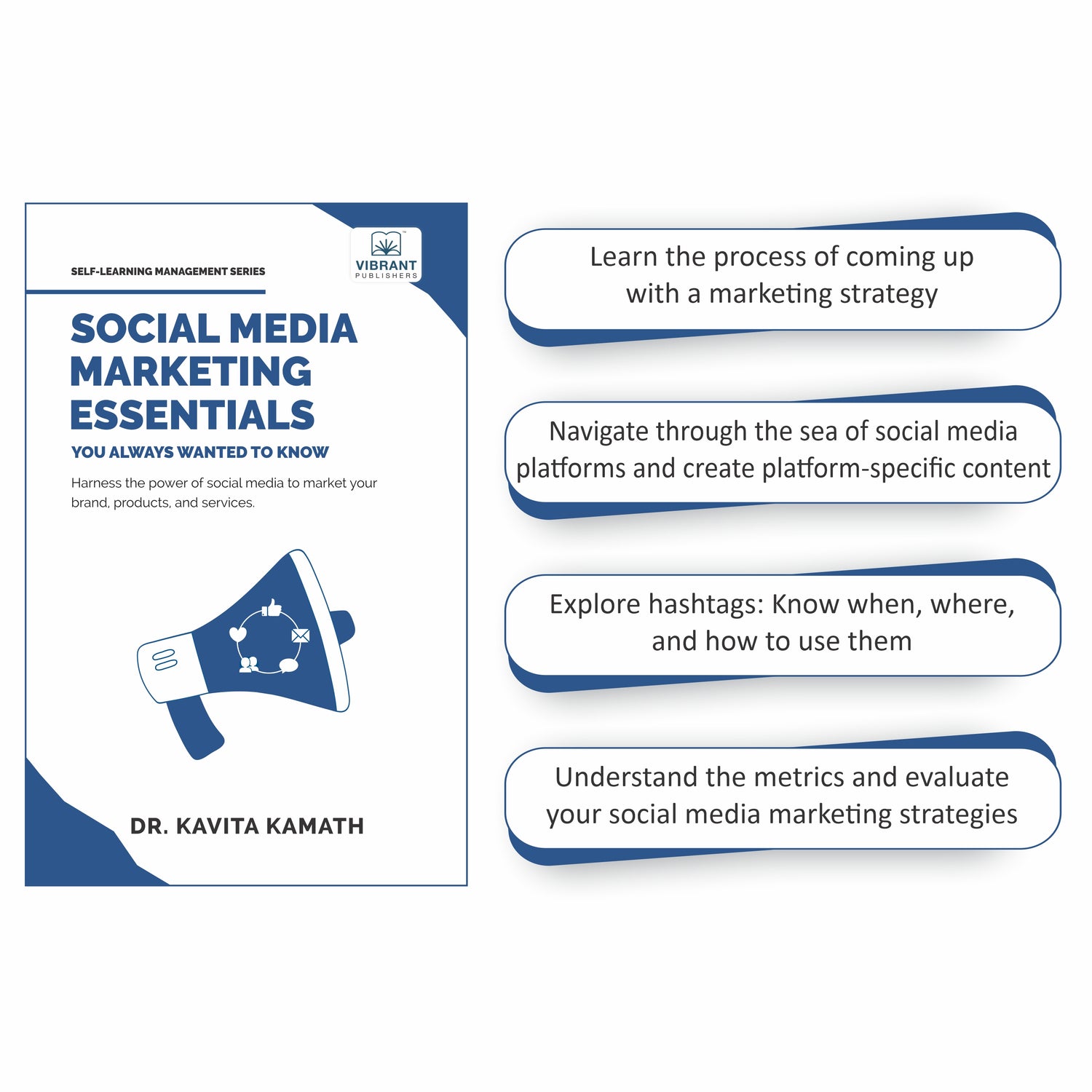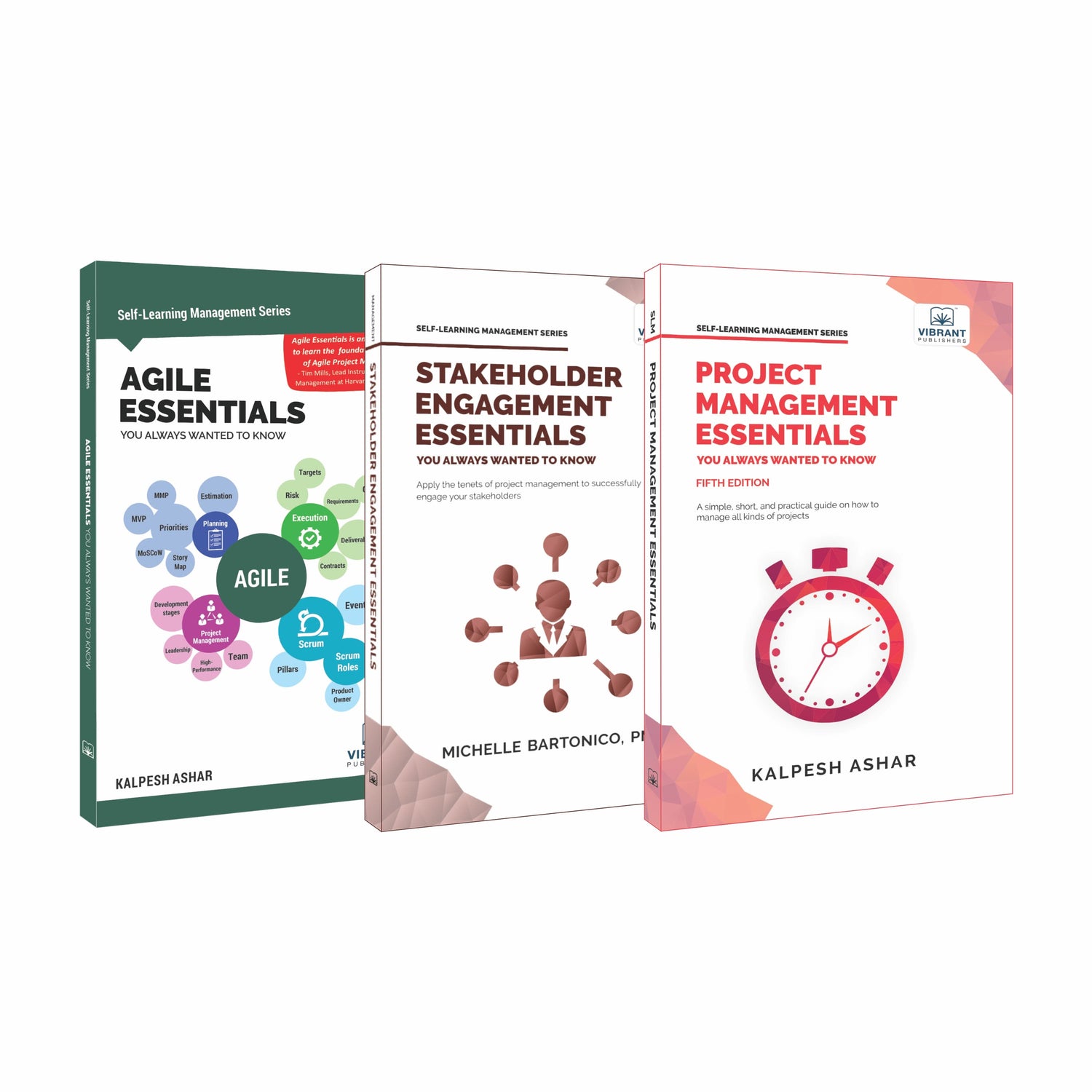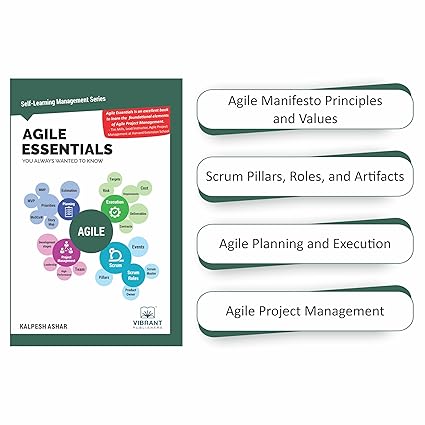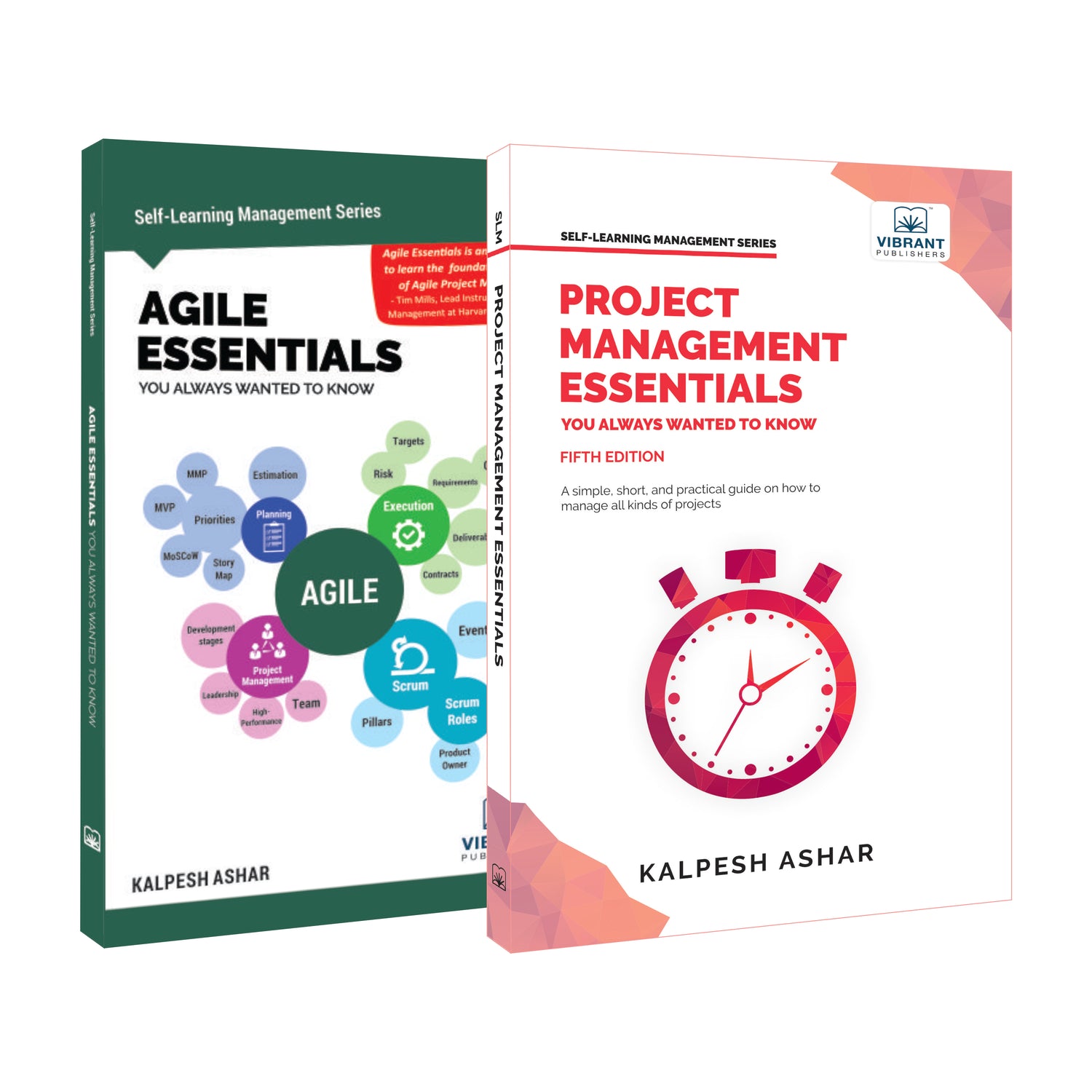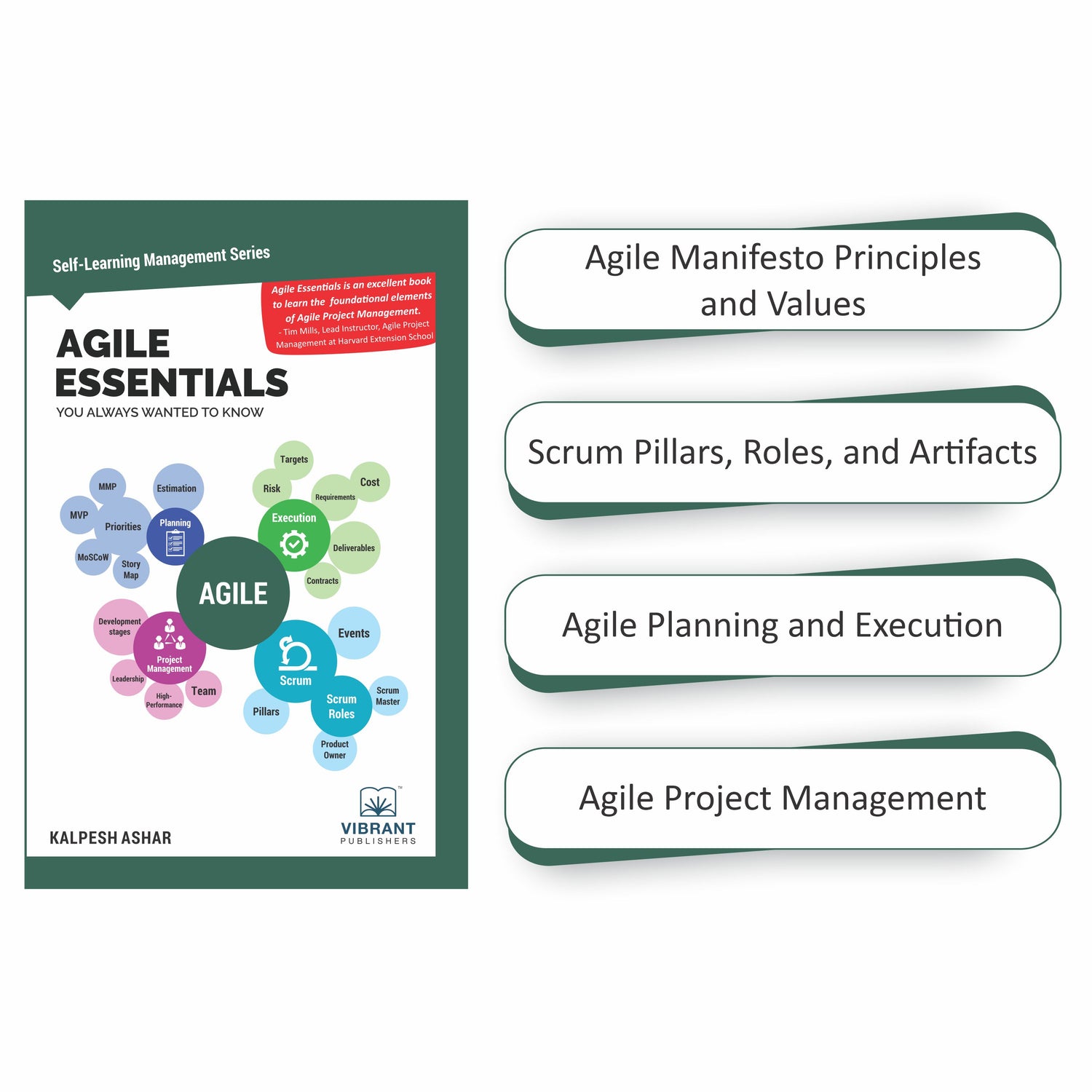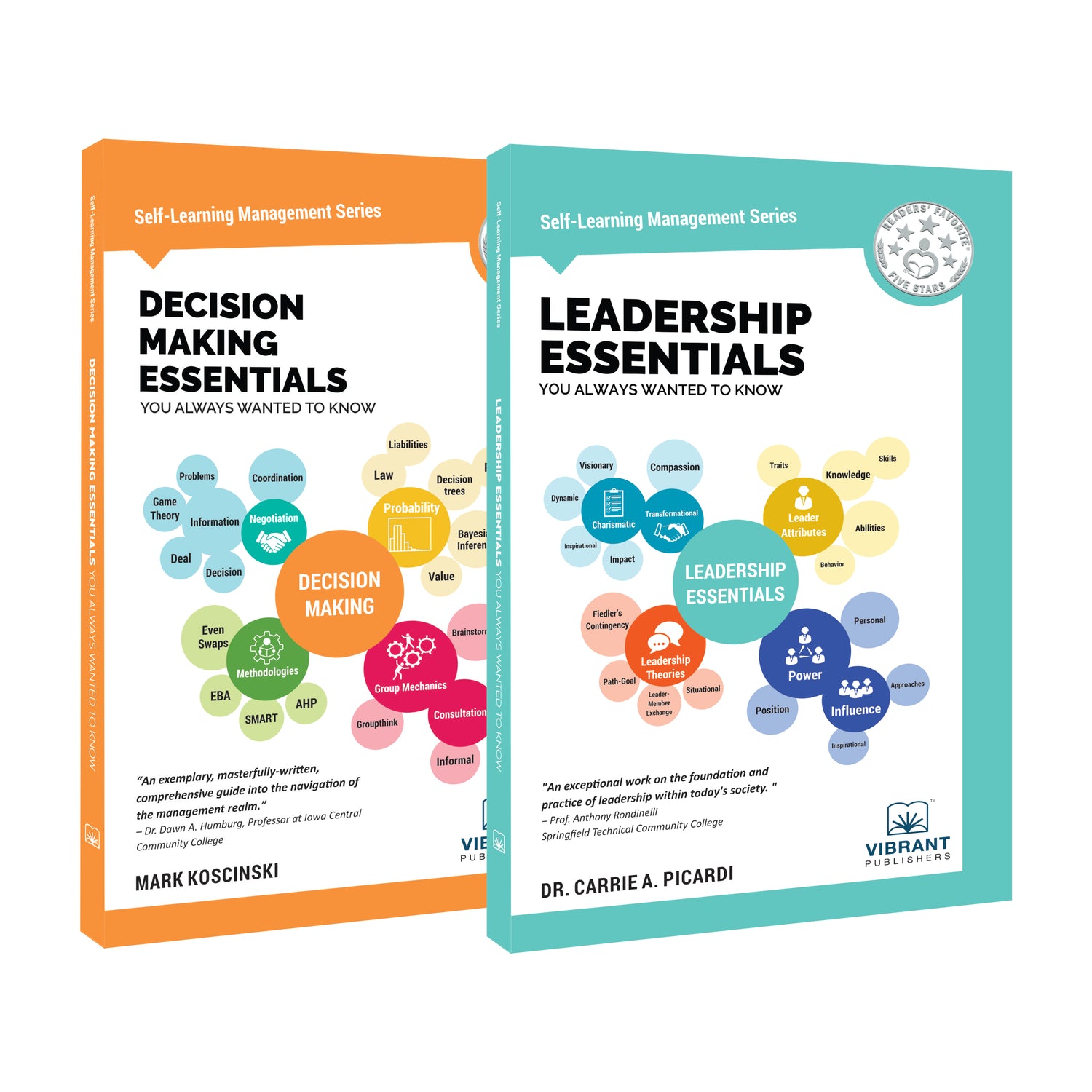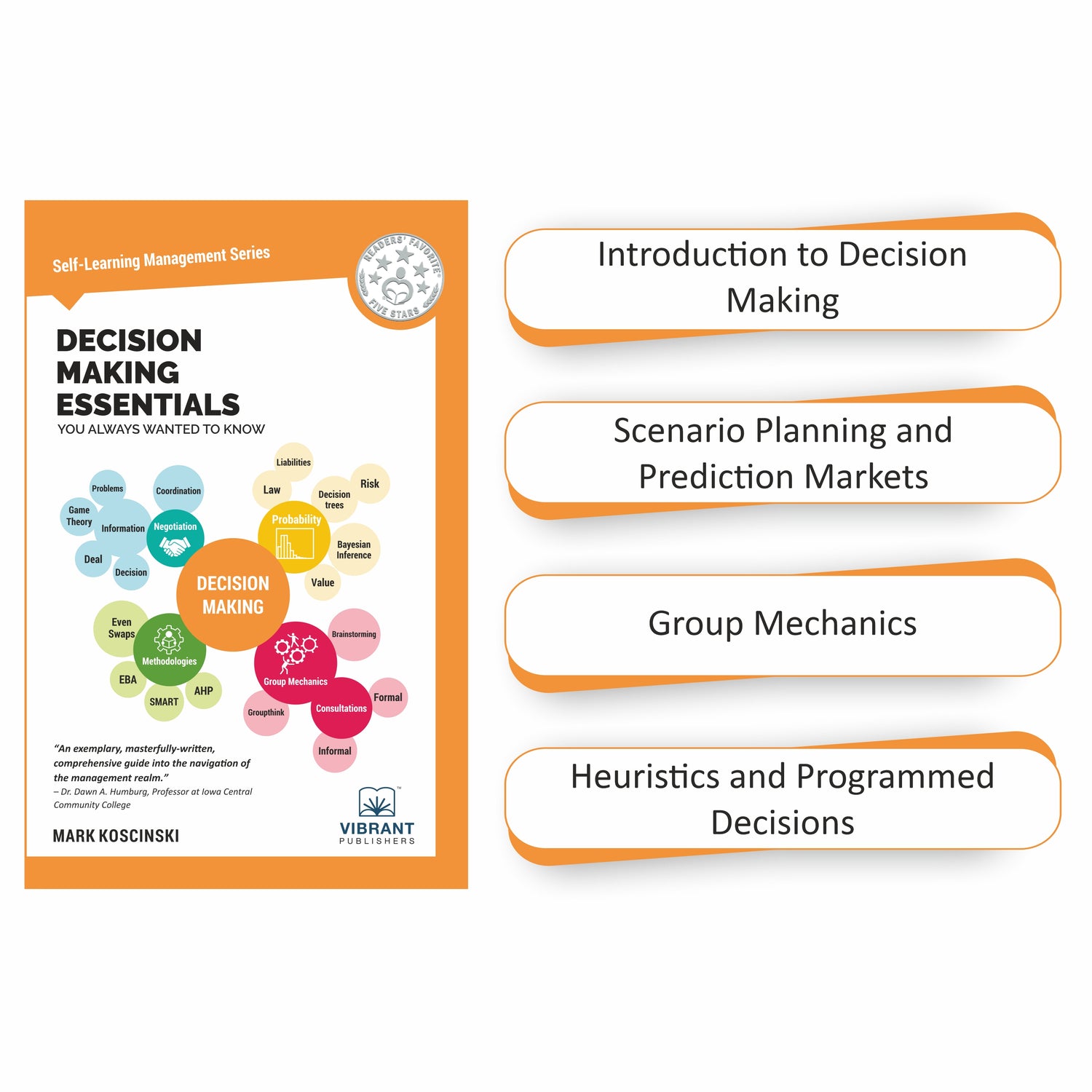
GRE Analytical Writing: 8 Tips to Write a Perfect Essay
One of the most feared sections of the GRE is the Analytical Writing Assessment (AWA) section. Given a prompt, you have 30 minutes to address the question and flex your critical thinking, organizational and writing skills. Although each prompt doesn’t have a “right” or “correct” answer, the GRE scorers are looking at your ability to defend your position, construct valuable evidence and maintain a centered response to the prompt in a thoughtful discussion.
and thoughtful manner. We will cover some of the most important tips to help you stay focused and truly demonstrate your critical thinking and analytical writing skills.
The reason this section is so worrisome is that the majority of us are not natural born writers. Given a random prompt there is so much to dissect and so many different directions you could go with such a broad topic. It is difficult to focus on one main area and thoroughly flesh out your ideas in a coherent
and thoughtful manner. We will cover some of the most important tips to help you stay focused and truly demonstrate your critical thinking and analytical writing skills.
Tips for “Analyze an Issue” Prompt:
This section of the writing portion provides an opinion about a broad topic and asks you to respond to that issue based on a specific prompt. To succeed, you must analyze what the issue is, how to respond and write a thoughtful and smooth flowing argument to support your viewpoint.
-
Use your scratch paper:
Obviously for math you will write, doodle and mark up your materials. But don’t ignore it after the math section. After reading the prompt, dedicate some time to actually writing down how you want to write the essay. For example, write down the main arguments for each paragraph. The first paragraph will be the introduction, the second will be your first argument, your third will be a second argument, the fourth paragraph will be a third and strongest argument, a fourth paragraph will cover any arguments against your opinion and the fifth paragraph a conclusion. Writing this out with each argument helps you organize the essay and just helps you to see the whole response as one cohesive argument.
-
Be Direct:
Many people remember their essay writing days of old when a teacher just wanted to see that you wrote a lot. And a lot of writing meant you actually thought about your arguments and had opinions. This isn’t the case for the GRE. It is a much better idea to focus on concise yet bold statements rather than be verbose in an attempt to have a 2000 word essay at the end of the time period.
-
Provide as many specific examples as possible:
Anytime you can incorporate a personal story, a piece of history or a specific event that someone would remember will be much stronger than a generalized statement. If you are saying a certain law needs to be in place because it is important, explain why with very specific examples of what would happen if that law did not exist. This will strengthen your argument and lead to a better score in the issue prompt.
-
Practice:
You will see this on every GRE writing tutorial. You need to practice to perfect your skill. You can’t just know what needs to be done and show up. Practice will help you understand the pacing of the test, how much you can expect to write in that 30 minute time period and help simulate the test experience. This can be invaluable as you can better prepare to think quickly on your feet and better answer the prompts.
Tips for “Analyze an Argument” Prompt:
The Analyze an Argument portion of the writing section will provide an argument and ask for your rebuttal. You will be given specific directions along with the argument and you need to combat the response.
-
Do not Agree or Disagree:
The actual question presented doesn’t matter. It doesn’t matter even if you agree with the stance that the prompt makes. The only thing that matters is that you can read the prompt, analyze the primary point, and then break it down to uncover its faults. Rather than just disagreeing with a prompt and saying it is wrong, you need to show that logically it isn’t sound, or there isn’t enough evidence or the evidence shown is being viewed in an incorrect way.
-
Attack the Assumptions:
Most prompts will have some built in assumptions that are made. It is easy in the rush to miss these and not consider them due to the other reasons in your head for why their stance is wrong, but if you can highlight some incorrect assumptions that the prompt relies on, your argument will be exceedingly stronger and you will score much better on this portion of the test.
-
Be Bold, Be Direct:
Similar to the Analyze an Issue prompt, you don’t have much time. Plan your attack carefully and do not ramble. Be very concise and direct. By doing this you already are making your argument bolder. Be strong in your opinion and really attack the opposition will logical arguments and examples.
-
Highlight any issues in the prompt’s arguments:
Often the prompts have some form of data, but this data is interpreted incorrectly. It may be some generalizations that are out of line. Possibly some “evidence” that really doesn’t support their argument. There will also be prompts that could provide some form of statistics but lead to faulty conclusions. Look at these closely and attack these as your strongest argument.
Checkout our Test Prep Series of Books and ace your GRE, GMAT, ACT and SAT Tests
Share




